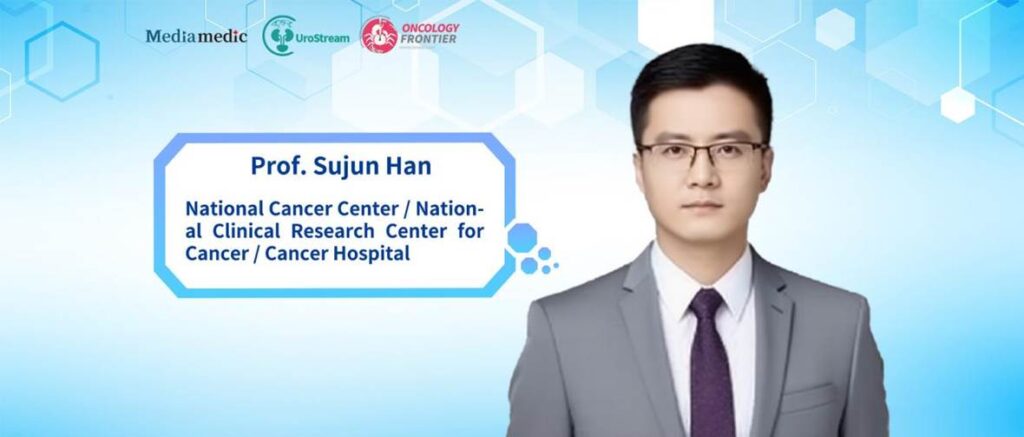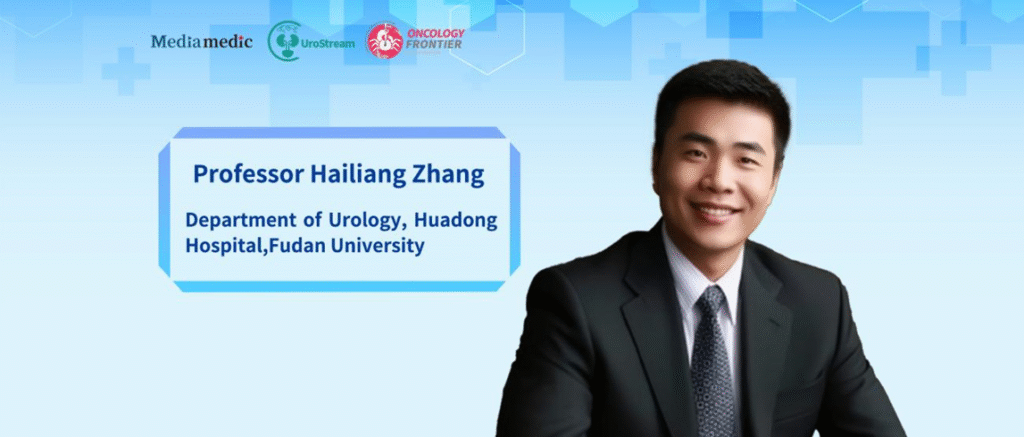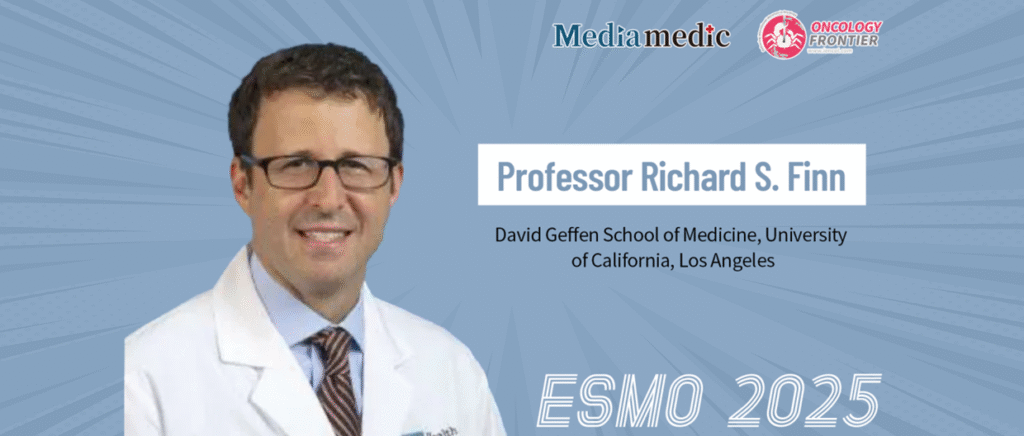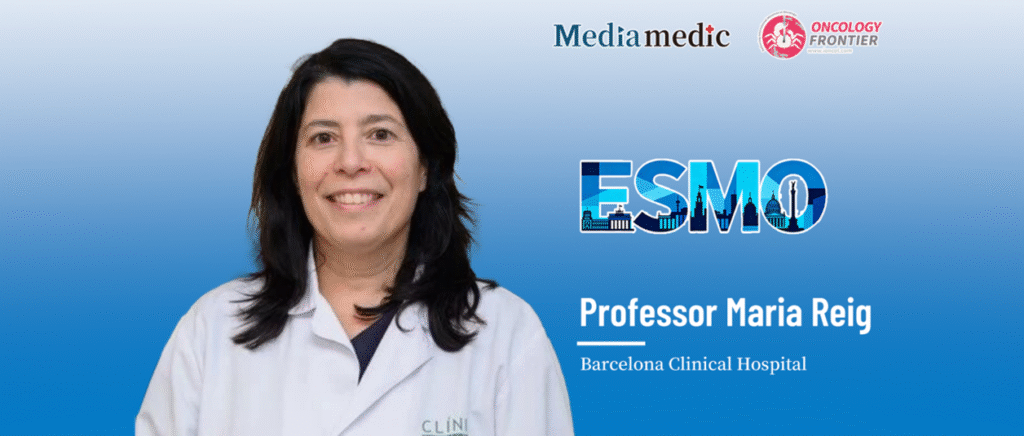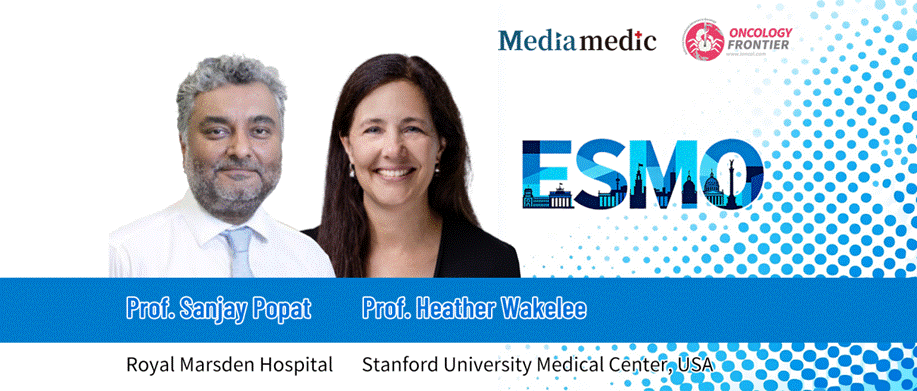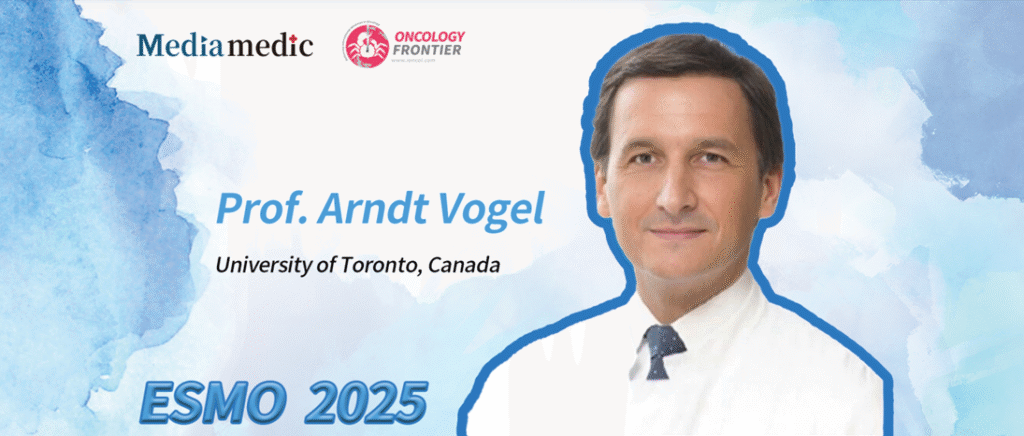Professor Sujun Han: 2026 NCCN Guideline Update — Urothelial Carcinoma Enters an Era of Precision Medicine and Organ PreservationBeijing Academic Exchange Conference for Young Physicians in Urologic Oncology
At the beginning of 2026, the Beijing Academic Exchange Conference for Young Physicians in Urologic Oncology was grandly held in Beijing. The meeting focused on frontier advances and standardized practices in urologic oncology and brought together numerous domestic experts and scholars in the field.

